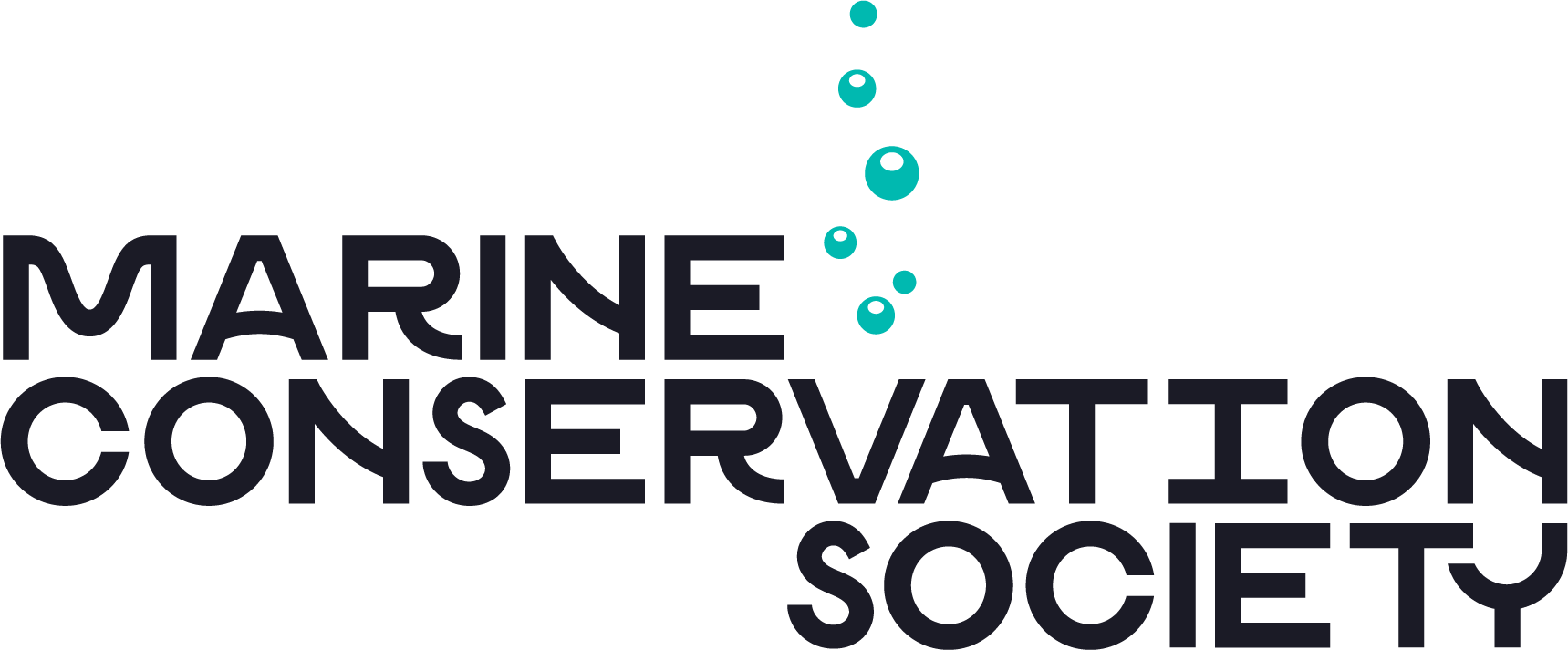
With a growing global human population and with fisheries production plateauing at best, aquaculture (or fish farming) is one of the few options mankind has for meeting global seafood demand. Approximately 50% of the world’s seafood supply currently comes from aquaculture, which is the fastest growing sector of food production on the planet. Aquaculture in the UK has suffered from bad press, much of this originating from the farming of pisciverous finfish utilising practices that are now either obsolete or which have been considerably improved. Aquaculture is a very diverse activity and includes many forms of production, some of which (e.g. rope grown mussels) which have some of the best environmental credentials of any type of seafood. Much of the controversy relating to farmed fish originates from the use of proteins of marine origin (feeding farmed fish with wild fish). Much of this however does not take into account the use of other forms of protein within diets and the excellent Feed Conversion Ratios of farmed fish (when compared to other farmed animals). For herbivorous fish (such as tilapia or carp) the question of protein sources is irrelevant and fish grow in recirculation systems in the UK have some of the best sustainability credentials of any farmed fish. The question of Farmed fish Vs wild fish is a complex one that must be taken on a case by case basis.


Cornwall Good Seafood Guide is underpinned by the Marine Conservation Society (MCS) Good Fish Guide. The first UK consumer guide to sustainable seafood. For more information visit www.fishonline.org
Cornwall Good Seafood Guide is here to help us all make sustainable seafood choices. Choices that will help us keep the oceans healthy and Cornish fishers' futures safe. This website is funded by Cornwall Wildlife Trust. If you would like to make a meaningful difference to the health of our oceans, please consider making a donation to the Cornwall Wildlife Trust Ocean Emergency fund. Your donation will help safeguard these remarkable environments, ensuring that they continue to thrive for generations to come. Together, we can be stewards of the seas and champions for a healthier, more sustainable future.